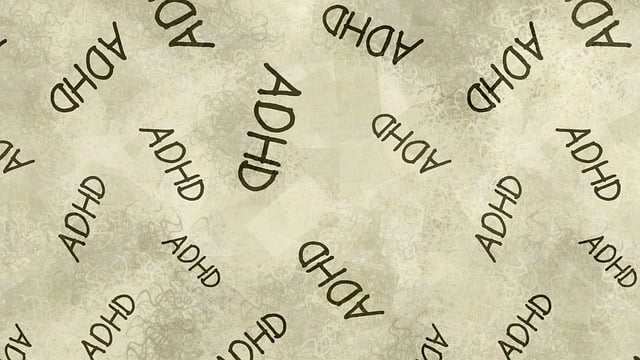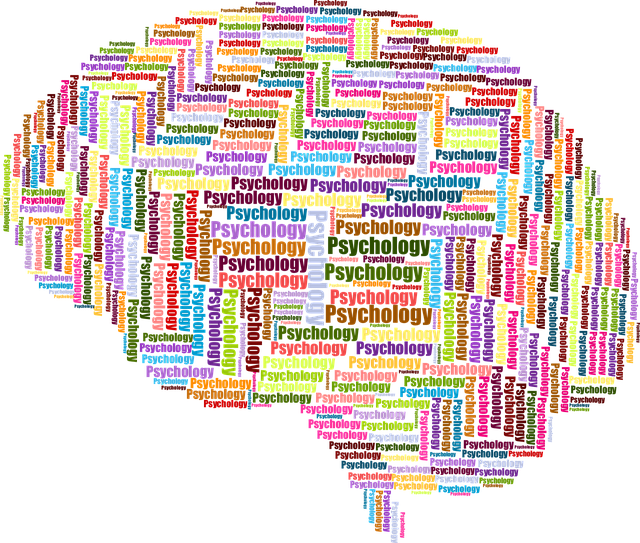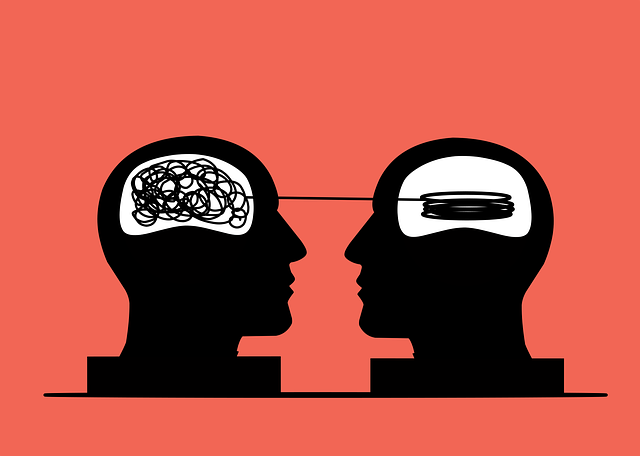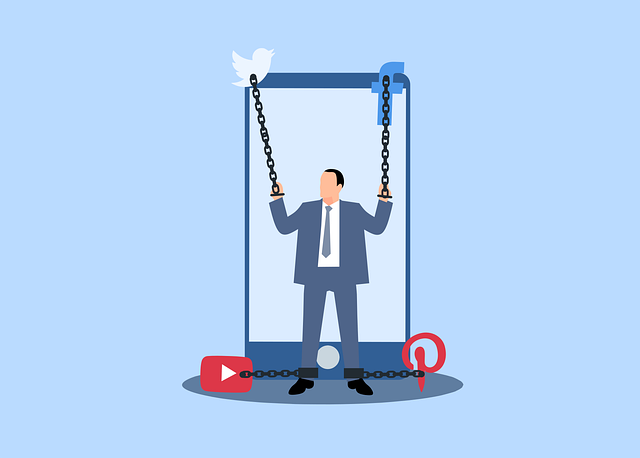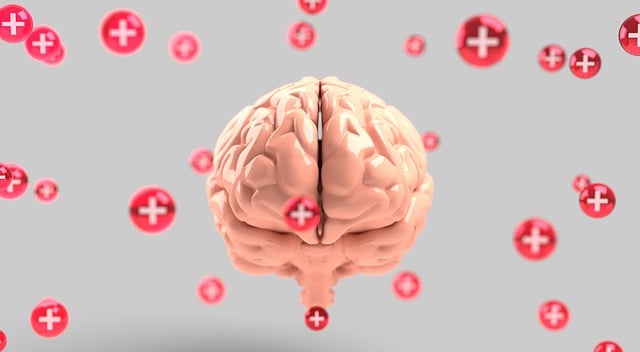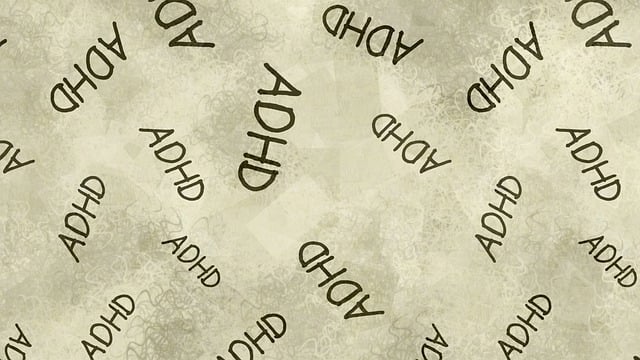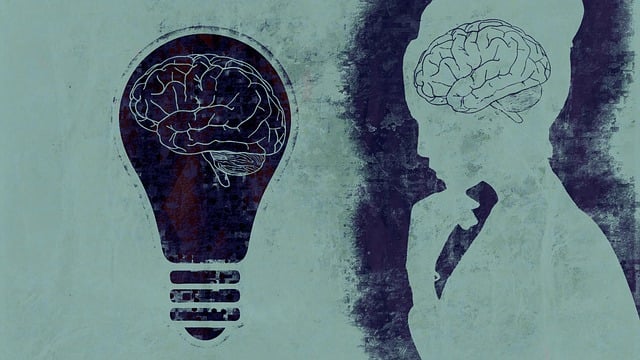Westminster EMDR Certified Therapy merges Eye Movement Desensitization and Reprocessing (EMDR) techniques with expressive journaling to revolutionize mental wellness care. This approach helps individuals process trauma, manage stress, improve communication in therapy, and enhance emotional well-being through self-reflection and safe expression of complex emotions. Regular journaling, combined with evidence-based EMDR methods, fosters conflict resolution, personal growth, resilience, and healing from past traumas, making it a powerful tool for both patients and healthcare providers seeking to prevent burnout.
Mental wellness journaling is a powerful self-care practice that combines writing with reflection. In this article, we explore how this simple yet effective tool can enhance mental health and unlock profound healing. We delve into the benefits of Westminster EMDR Certified Therapy in complementing journaling, offering insights on integrating these practices for optimal well-being. Discover practical tips to establish a therapeutic routine through mental wellness journaling, fostering self-awareness and positive change.
- Understanding Mental Wellness Journaling: Unlocking Self-Reflection and Healing
- The Role of Westminster EMDR Certified Therapy in Enhancing Journaling Practice
- Creating a Therapeutic Routine: Tips for Effective Mental Wellness Journaling
Understanding Mental Wellness Journaling: Unlocking Self-Reflection and Healing

Mental wellness journaling is a powerful tool for self-reflection and healing, offering individuals a private space to explore their thoughts and emotions. By jotting down experiences, feelings, and insights, one can gain profound understanding into their mental state, identify triggers, and process challenging situations. This practice encourages introspection, fostering a deeper connection with oneself and promoting emotional well-being.
For those seeking comprehensive support, Westminster EMDR Certified Therapy combines evidence-based techniques with the introspective nature of journaling. Through structured protocols designed to help individuals process traumatic memories or intense emotions, therapy sessions often incorporate journaling exercises as empathy building strategies for stress management. Effective communication strategies, a cornerstone of successful therapy, can be enhanced through regular journaling, allowing individuals to articulate their experiences and connect more deeply with their therapists.
The Role of Westminster EMDR Certified Therapy in Enhancing Journaling Practice

Westminster EMDR Certified Therapy offers a unique and powerful approach to enhance mental wellness journaling. This therapy integrates Eye Movement Desensitization and Reprocessing (EMDR) techniques with expressive writing, enabling individuals to explore and process complex emotions effectively. By combining these methods, it becomes an invaluable tool for healthcare providers aiming to implement burnout prevention strategies.
The gentle yet profound nature of EMDR, often sought in Crisis Intervention Guidance, allows for the safe release of traumatic memories or stressful events that might otherwise hinder journaling. This certification equips professionals with the skill to guide individuals through conflict resolution techniques inherent in their writing process. As a result, journaling becomes a dynamic symphony of self-reflection, healing, and personal growth, reflecting the intricate tapestry of one’s mental wellness journey.
Creating a Therapeutic Routine: Tips for Effective Mental Wellness Journaling

Creating a consistent routine with mental wellness journaling can be a transformative practice for individuals seeking improved emotional well-being. Start by setting aside dedicated time each day, ideally when your mind is calm and your thoughts are clear. Consistency is key; whether it’s first thing in the morning or before bed, find a moment that works best for you. This therapeutic routine allows for introspection and self-reflection, enabling individuals to process their emotions effectively.
Incorporating techniques like those used in Westminster EMDR Certified Therapy can enhance the journaling experience. For instance, writing about traumatic experiences or challenging life events can facilitate healing and promote emotional regulation. Additionally, reflecting on personal strengths and accomplishments builds resilience, while exploring conflict resolution techniques empowers individuals to navigate interpersonal challenges with greater ease.
Mental wellness journaling, supported by practices like Westminster EMDR Certified Therapy, can be a powerful tool for self-reflection and healing. By integrating this therapeutic routine into daily life, individuals can gain deeper insights into their emotions, thoughts, and behaviors, ultimately fostering improved mental well-being. With dedicated tips and strategies outlined in this article, readers are equipped to embark on their own journey of self-discovery and enhanced emotional resilience.





